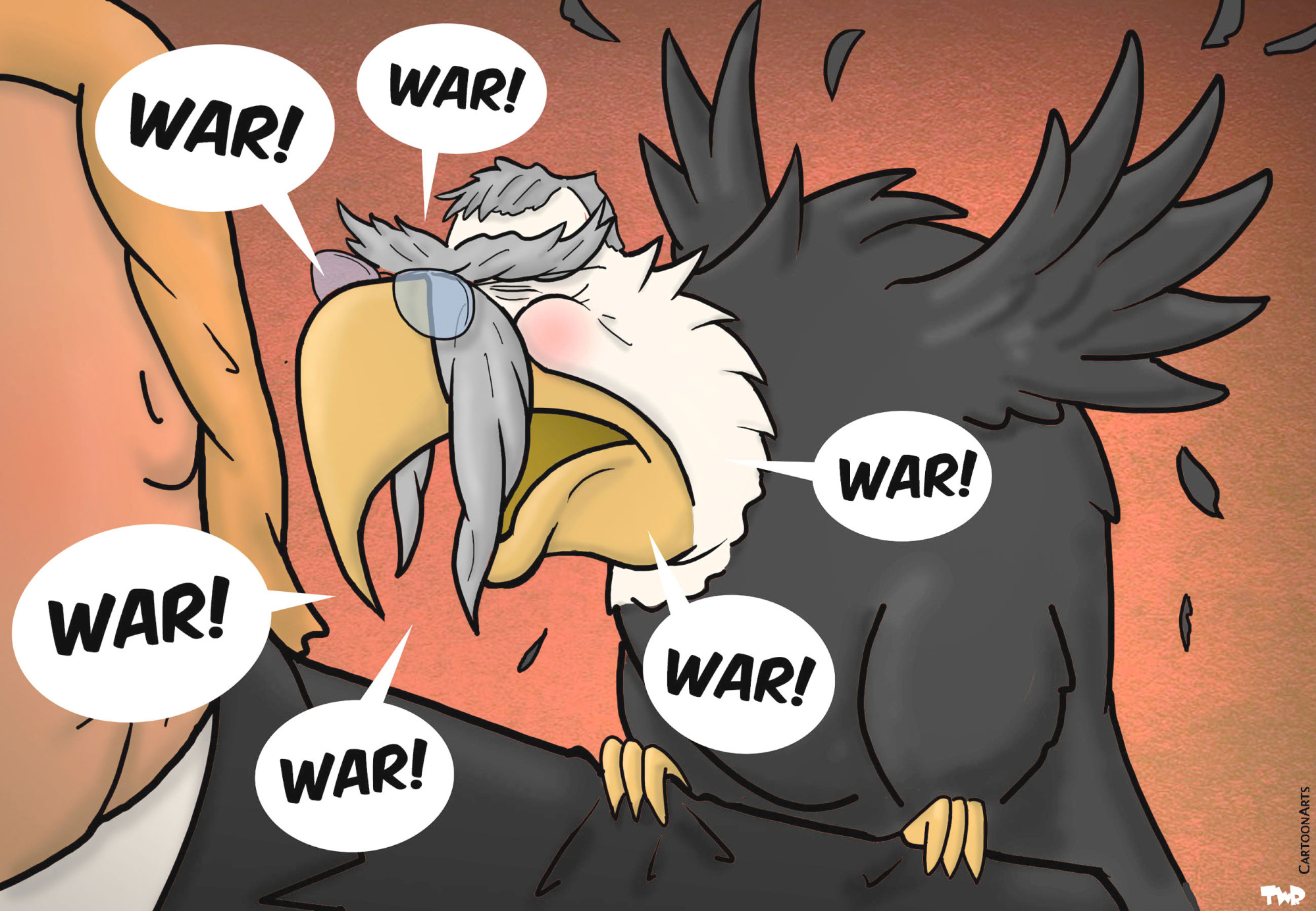The Trump administration's initial decision to strike Iran in retaliation for the destruction of a $130 million drone was understandable yet dangerous. The decision to abort the mission, after telegraphing it to the world, creates a big problem. Above all, it smacks of indecision and division within the president's inner circle, the last thing you need when you are in a slow escalation with an unpredictable, over-proud lesser enemy.
There is little question that a military strike on, say, the missile battery that downed the Global Hawk reconnaissance drone on Thursday would be justified. It was clearly a conscious call by the regime, and I seriously doubt the claim that it was in Iranian airspace. I have been both the supreme commander of NATO, which deploys a variant of the Global Hawk, and an advisor to the manufacturer, Northrop Grumman, and in my experience the navigational precision of these aircraft is superb — far better than manned flights. I have never heard of a high-end drone like this being deliberately or accidently flown into a hostile nation's territorial airspace.
Which leads to the big question: What could the Iranians be thinking? And how does the U.S. use the non-strike to its advantage?



















With your current subscription plan you can comment on stories. However, before writing your first comment, please create a display name in the Profile section of your subscriber account page.